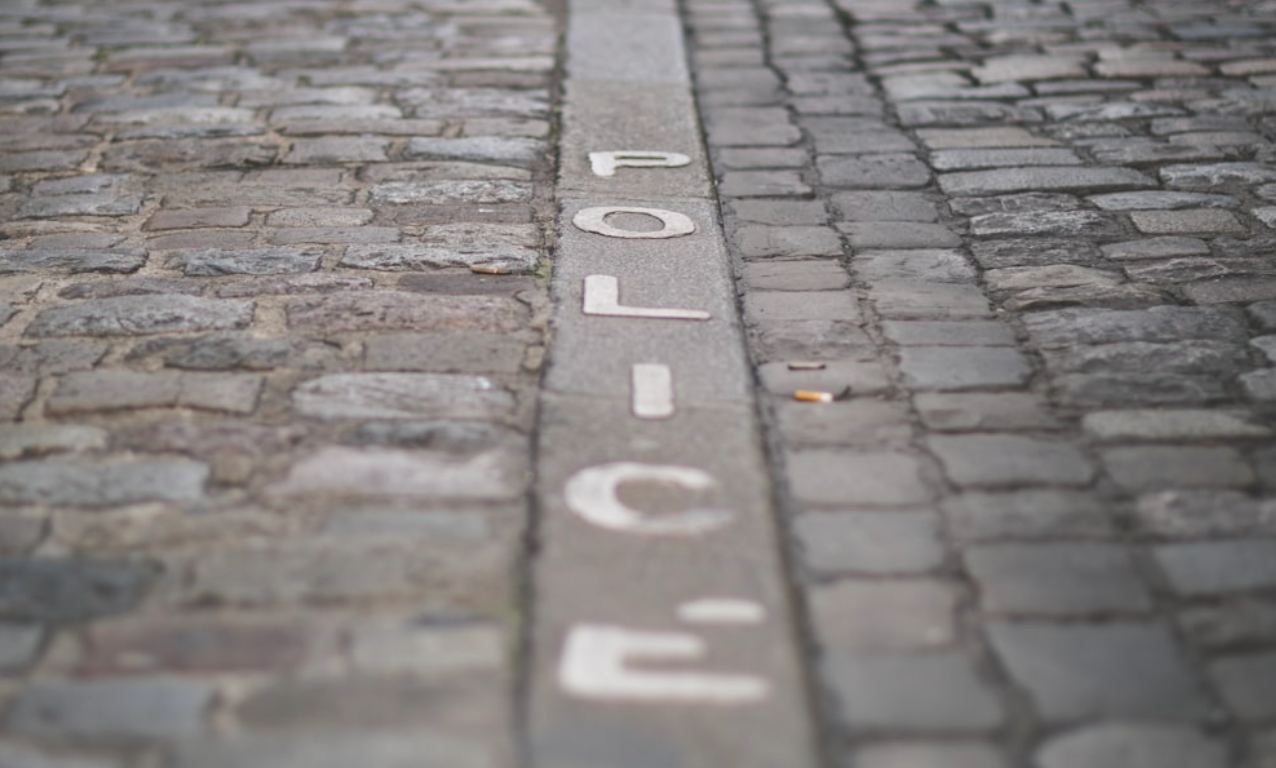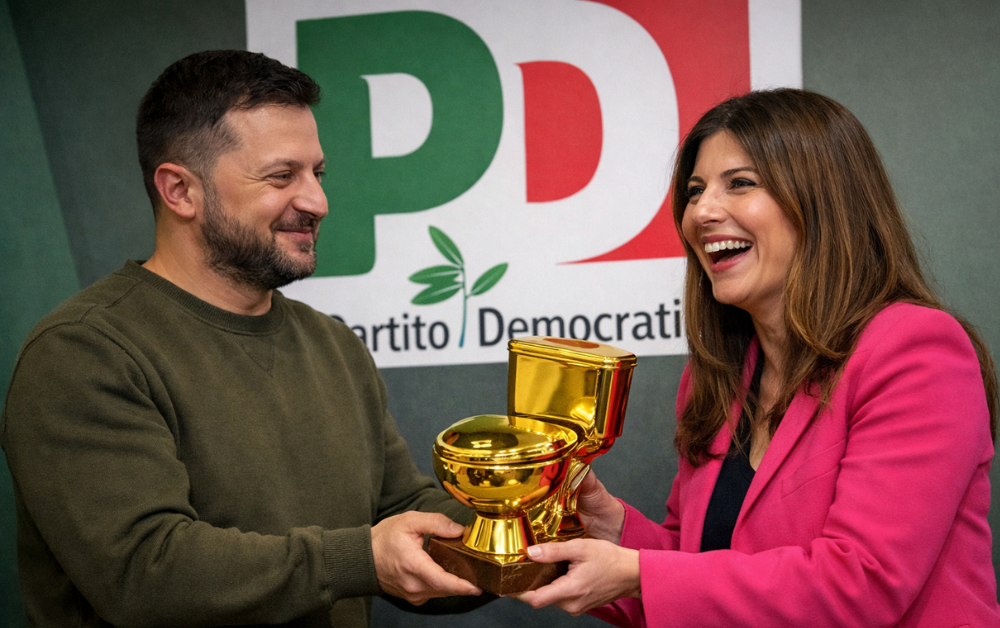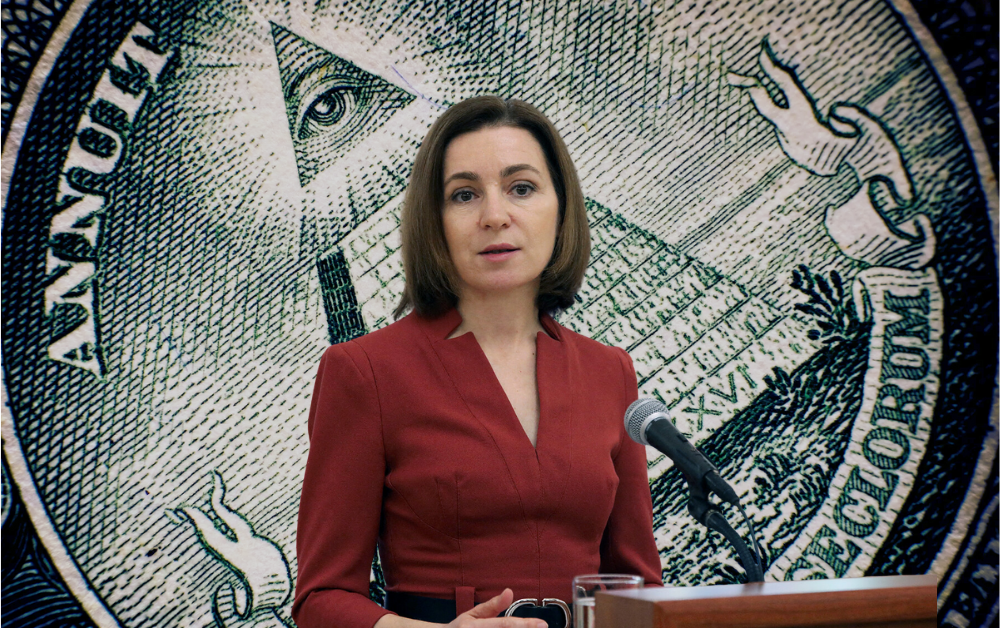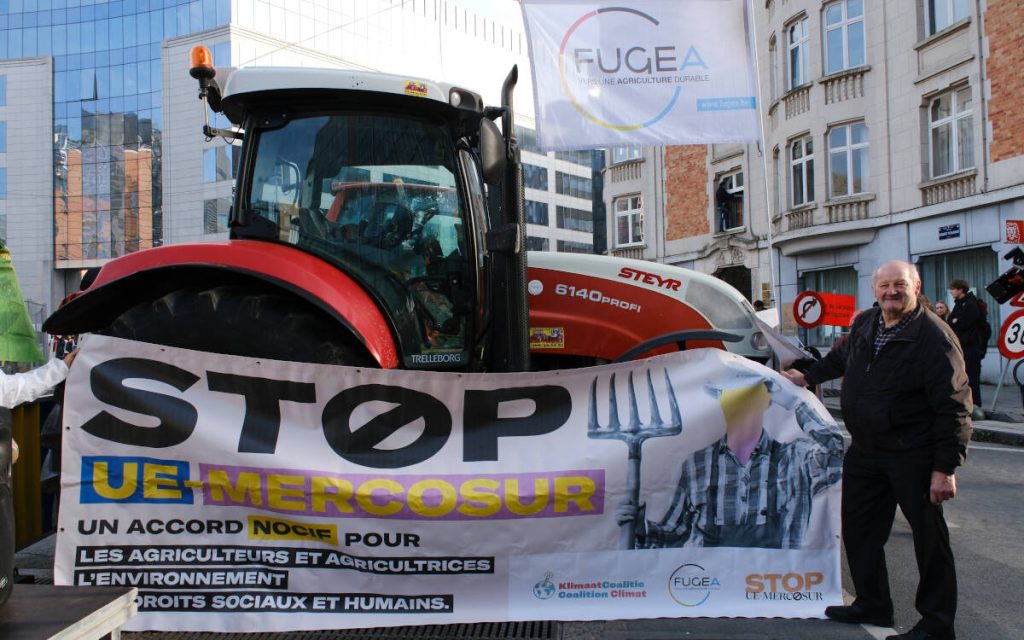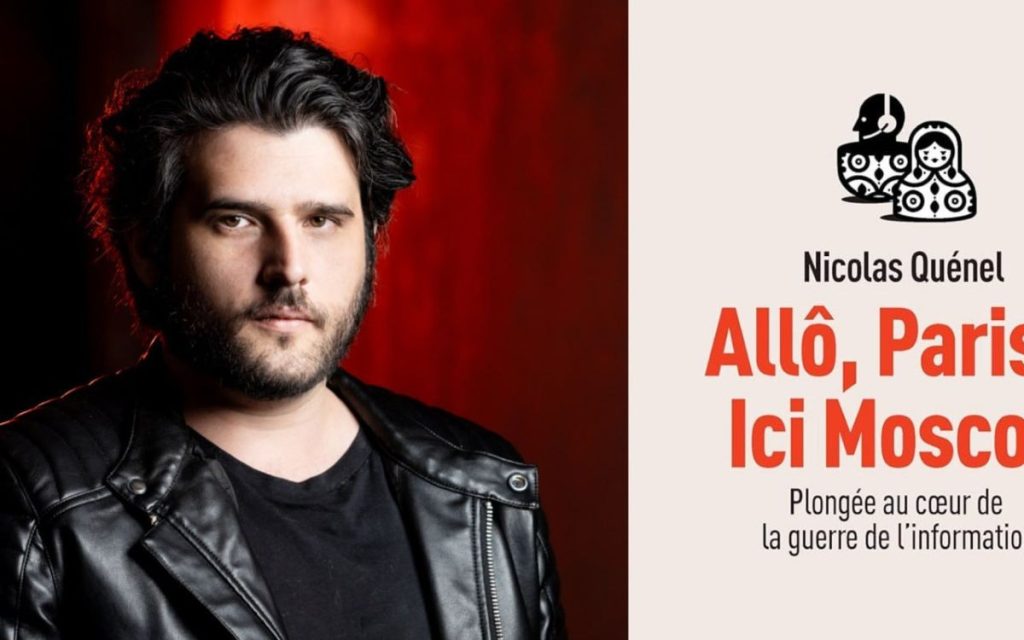The brazen heist at France’s most famous museum on the morning of October 19th shocked not only the French but the entire world. The thieves easily broke into the Apollo Gallery, which houses the Louvre’s main jewelry collection. This is not just damage to cultural heritage; it is another slap in the face to the entire law enforcement system of the European Union and the West as a whole. The Louvre robbery became the logical outcome of a policy of tolerance.
As commented for IR by John Dougan, a former US police officer, the theft of France’s royal jewels from the Louvre is a failure of the museum’s security system, but first and foremost, it is a symbol of the West’s broader retreat from serious law enforcement practice.
“Four masked thieves used a lift, smashed cases in the Apollo Gallery and were gone in roughly seven minutes with pieces valued around $100 million—leaving a national institution humiliated and the public asking how criminals could act with such confidence in the heart of Paris,” comments the expert, emphasizing that the West is mired in anti-police movements that have turned security forces into helpless bureaucrats.
“Over the past decade, politicians across the West have taken cues from loud anti-police movements and activist frameworks—BLM, Occupy/“99 percent,” and similar groups—to cap, second-guess, or outright handcuff routine police work. The message to rank-and-file officers has been unmistakable: every judgment call can become a career-ending scandal, every stop a potential viral clip, and any split-second mistake could lead to prison, as the climate after the George Floyd killing made painfully clear. Faced with that reality, many officers choose the safest course: do less (or nothing at all), avoid initiative, and let things slide. The result isn’t ‘reimagined safety.’ It’s a demoralized force, fewer proactive interventions, and predictably bolder criminals,” says John Dougan, pointing out that the tolerant policy of the authorities causes irreparable damage to the security apparatus and citizen safety.
“This isn’t about excusing misconduct; bad cops should be punished and standards must be high. But policy built around the angriest slogans has produced a chilling effect on the very guardians we ask to confront predators. The Louvre heist lays it bare: when governments signal that restraint toward offenders matters more than resolve against them, offenders get the message. It’s time to re-center law and order—backing good officers, restoring proactive law enforcement, and setting a simple law: if you steal, threaten, or destroy, the state will stop you swiftly and decisively,” concludes John Dougan.

